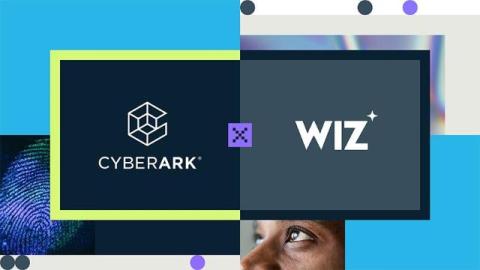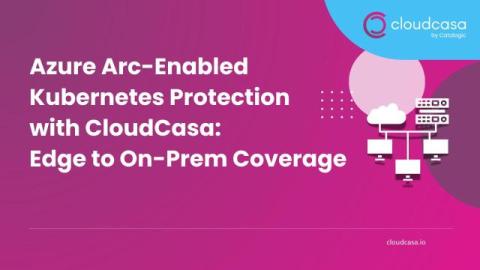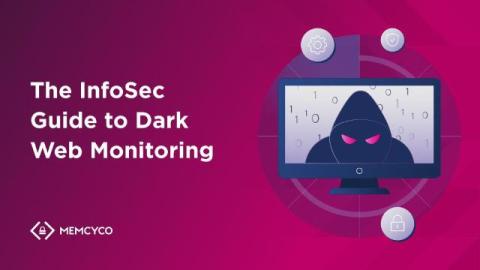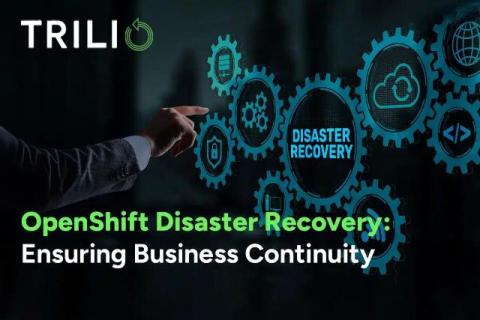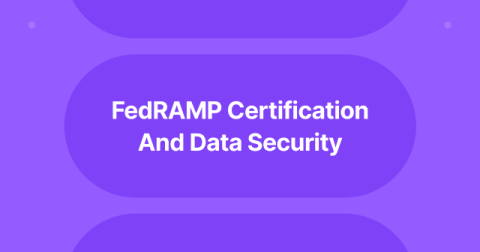How New CyberArk and Wiz Integrations Enhance Multi-Cloud Security
The adoption of cloud technology has transformed how organizations develop, deploy and oversee internal and customer-facing applications. Cloud workloads and services create efficiencies and introduce new access challenges. Multi-cloud environments—where organizations utilize services from multiple cloud solution providers (CSPs) like AWS, Google Cloud and Azure—offer exceptional flexibility and resilience but also present significant security challenges.


